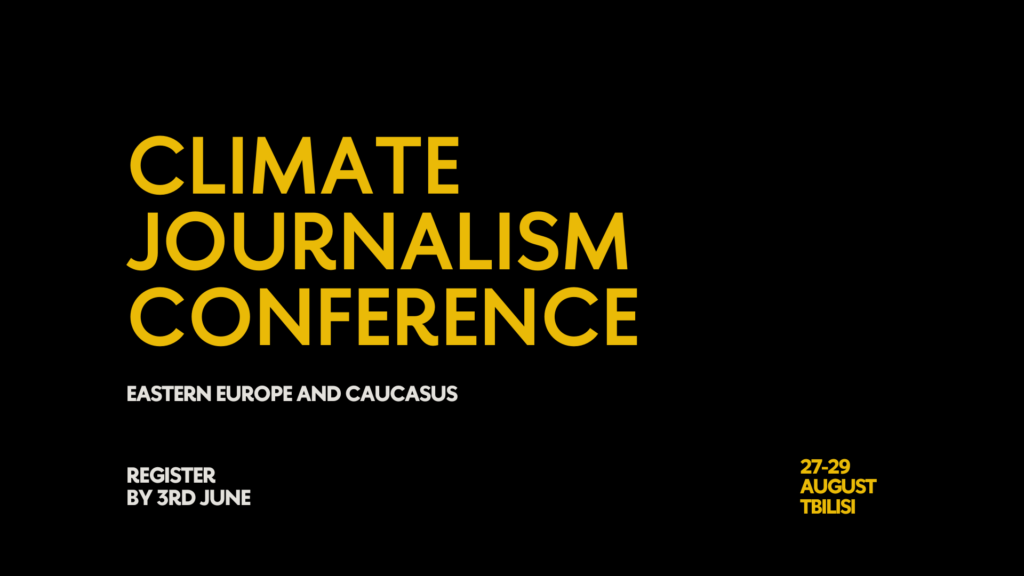

From August 27-29, Tbilisi will host a pivotal conference focusing on the role of journalism in addressing climate change, particularly in Eastern Europe and Caucasus.
Climate change is an undeniable reality affecting Eastern Europe, where glaciers are receding, farmers are facing increased hardships, and the elderly and marginalized populations suffer during extreme summer heat. Despite these pressing issues, many governments in the region have yet to take significant action to prepare for the future. Additionally, media outlets often struggle to effectively communicate the human impact of climate change.
The conference will feature a series of short workshops aimed at helping journalists craft compelling climate stories. Key topics include:
Participants will also have the opportunity to join excursions to Georgian newsrooms and learn about Tbilisi's initiatives to enhance climate resilience.
Furthermore, the conference will delve into the political landscape of Georgia and foster discussions on the complex perceptions among Ukrainian and Belarusian journalists.
This event promises to be an invaluable forum for journalists seeking to enhance their coverage of climate issues and engage their audiences more effectively.